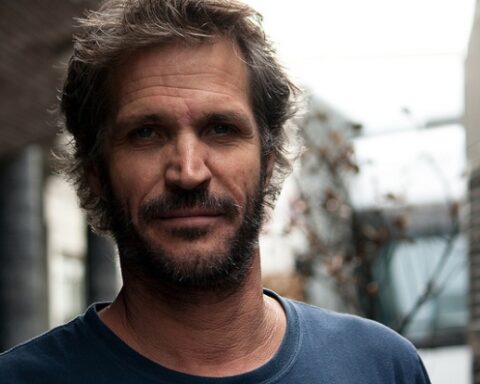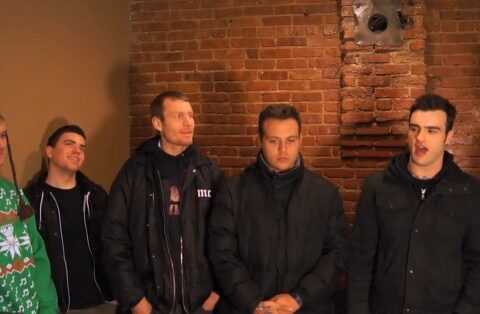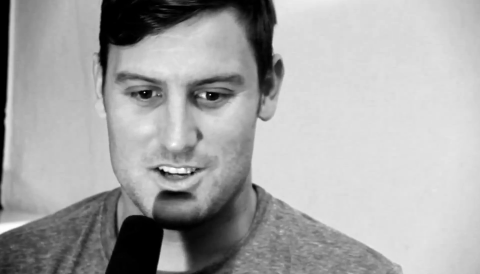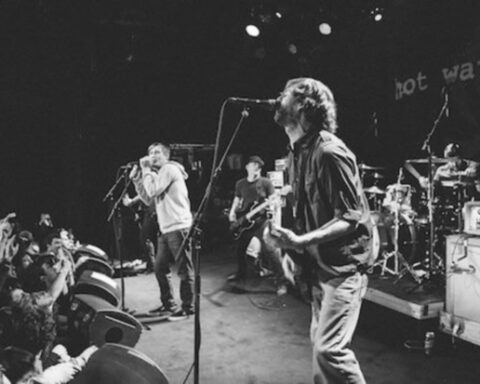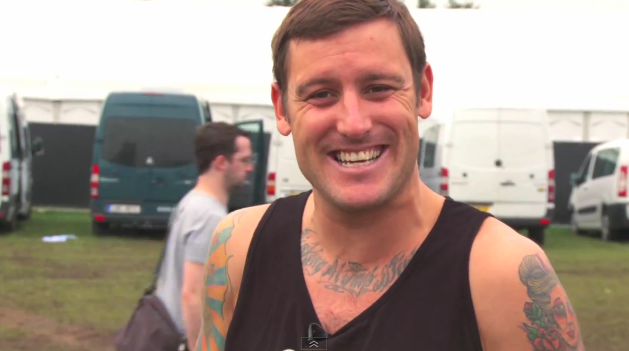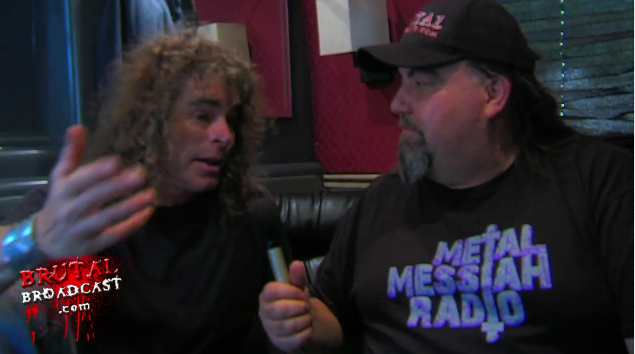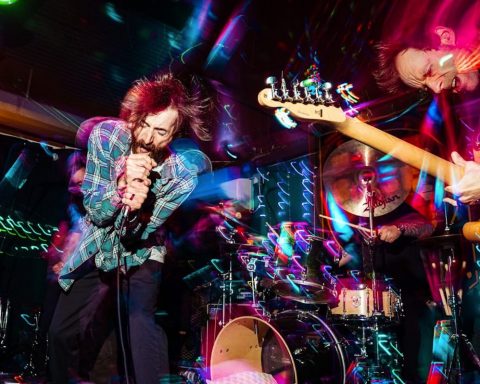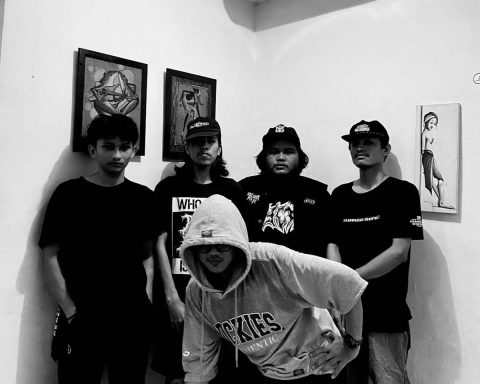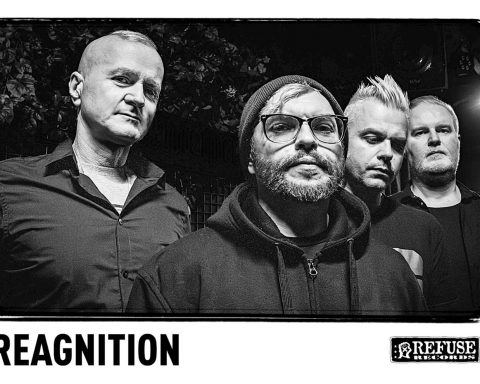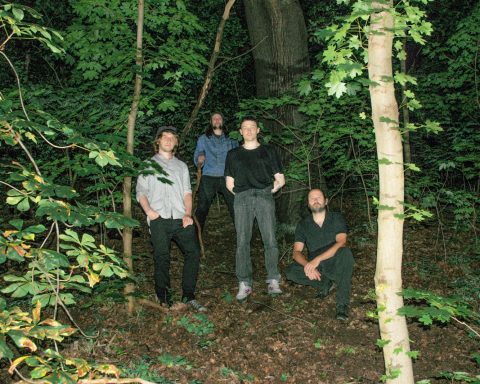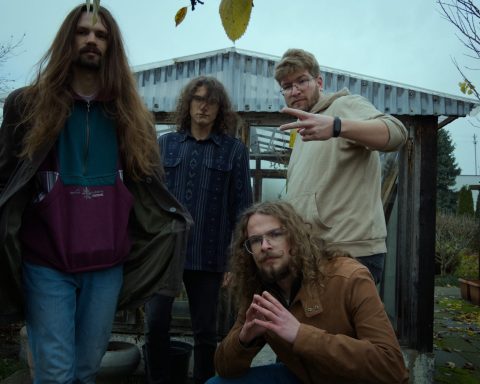ONSLAUGHT guitarist Nigel Rockett was recently interviewed by 69 Faces of Rock, where he talks about the band’s career up to date.
How did Sy end up leaving the band, and how was Steve Grimmett brought in?
We basically recorded a whole album, and we were in mixing stages. And this was the first time the whole label came down to listen to it. And basically, they didn’t like what they were hearing, or they were expecting something completely different, I really don’t know. You could tell, I was watching their faces when they were listening, and you could tell something wasn’t right. At the end, they said, “This isn’t what we want. We were expecting to hear something else.” They said, “We want to look at the vocal situation.” They didn’t say anything to me, but the next day the management tells me that Steve Grimmett’s name was thrown into the bag. We said, “No, Sy is our singer.” It went around, and they were like, “You do what we say, or we should put the band on ice for the length of your contract. You’ll release no albums in that time. Basically, you got to play ball with what we want.” So that’s what happened.
What there any chemistry with Steve Grimmett? I mean, as good as a singer as he is, he walked into a new band that already had a style and a history.
No, not at all. There was never a chemistry with him in the band. There certainly wasn’t a chemistry with the fans, that’s for sure. I mean, he came in, he was forced upon us. He is a nice guy, Steve, but not an Onslaught singer. And it just always that feeling of a mercenary, I guess; that’s how I look back at it. The guy left the band within a year of joining. There was no commitment there. I think Grim Reaper had been long gone and buried, and I think Steve was looking for a way back into the music industry, you know.
Looking back at that time, what should you have done?
Signed with a different label. In the end, it came down to two labels. It was A&M Records, and London/Polygram. The two guys fromA&M were absolutely fanatical about the band. But what swayed it toPolygram was that they were a much bigger company, and they had a lot of big metal bands in the U.S. And obviously what they just did with Slayer and Faith No More, so I guess that sort of swung us in that direction. A&M didn’t have much metal on their roster at the time. I guess we were kind of looking at it that way, but obviously hindsight is a wonderful thing.
What caused Onslaught to eventually reform?
We found out that a label in the U.K. had re-released our first two albums. It was unbeknown to us for a quite a while. We had not heard nothing about it, we had not received any royalties, anything. But, we got wind of it, tracked it down, and found out the albums had been selling phenomenally well. And then you start to do research on the Internet, which is now available, where you can see people talking about the band. There was a kind of metal resurgence going on. I guess it all came together because of that. We felt we’ve had a lot of stuff left unfinished, you know.
When you were putting together your first reunion album, “Killing Peace”, you probably had a lot of prove, especially knowing how you’d parted away from the scene, right?
Definitely, yeah. We were kind of pissed off about what happened. It took a while for us to find our feet. The direction we were gonna go to get back into writing after all this time. Once we’ve written our first song, and we knew our direction, everything kind of fell in place. It all became very easy to write the rest of the material.
After the album came out, did you feel you were recapturing your fan base?
We knew it was gonna take a long time. We’ve been away for so long, you can’t expect for people to come back straight away, and get back to the heights we were at before. So, it was gonna take a lot of hard work, which we’ve been putting in over the period of the last 6-7 years.
Last year, when you released “Sounds Of Violence”, it once again re-defined your status. It was an unbelievably strong album. In a way very reminiscent of how “The Force” was your second album that broke the ground for you. This is the second studio album since reforming, and it appears to be doing just the same job.
Yeah, exactly. That’s how we feel. “Sounds Of Violence” is again the important second album, for the second time. It’s been fantastic. “Sounds Of Violence” has probably been best received of any Onslaught albums ever. If we look across the board, the reviews, as you said, it’s similar circumstances “The Force” was. But, I think this album is more representative of the band now. Obviously, “The Force”was our landmark at the time, but we’ve at least matched that one, and took another step forward.
You can read the rest of the interview here.
ONSLAUGHT live:




